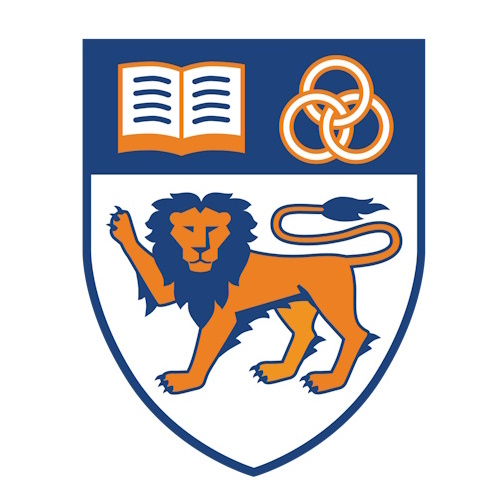Key points from article :
Researchers revealed the complexity that underlies the aging process.
Data obtained from 4000 volunteers on 403 features.
“Age-related changes could be detected in the 20s, we decided to focus on this age range,” - Brian Kennedy, co-corresponding author.
Nine clocks for cardiovascular, renal, liver, sex hormones, facial skin, metabolism/nutrition, immunological, fitness, & gut microbiome.
Cardiovascular age was largely explainable by the age.
Liver or renal age varied hugely even among people with the same chronological age.
Use of multiple clocks could show which component is driving the aging process.
A combined cardiovascular, liver and renal systems could predict mortality better than single measurement.
Significant environment impact on our bodies, which are harder to predict from purely biological data.
“Our approaches can improve understanding of aging and could be used some day in healthcare practice,” - Xun Xu, senior author.
Study by BGI and NUS published in Cell Reports.







